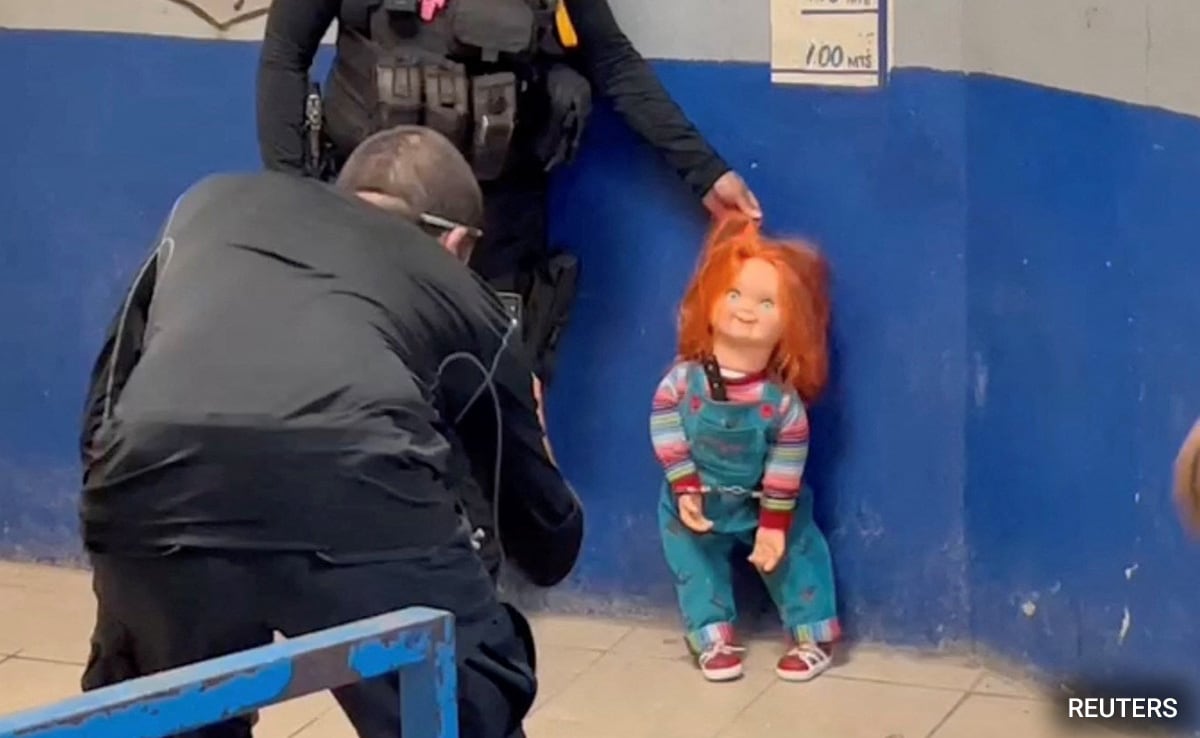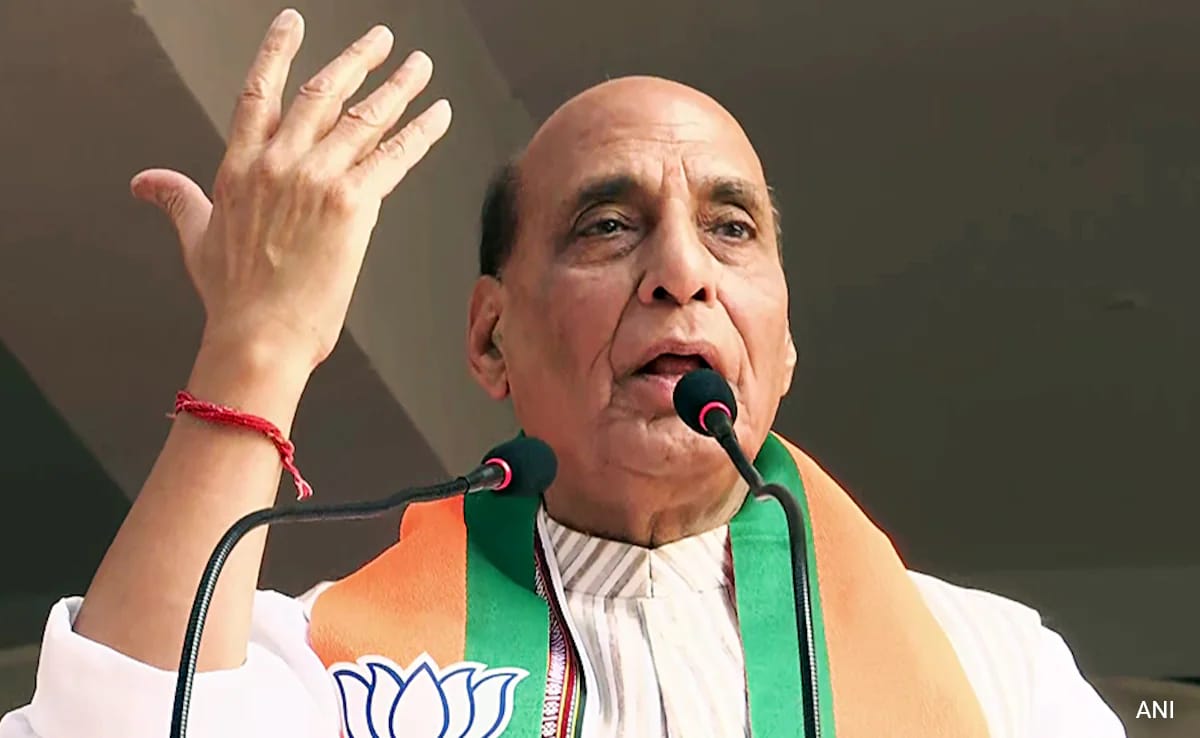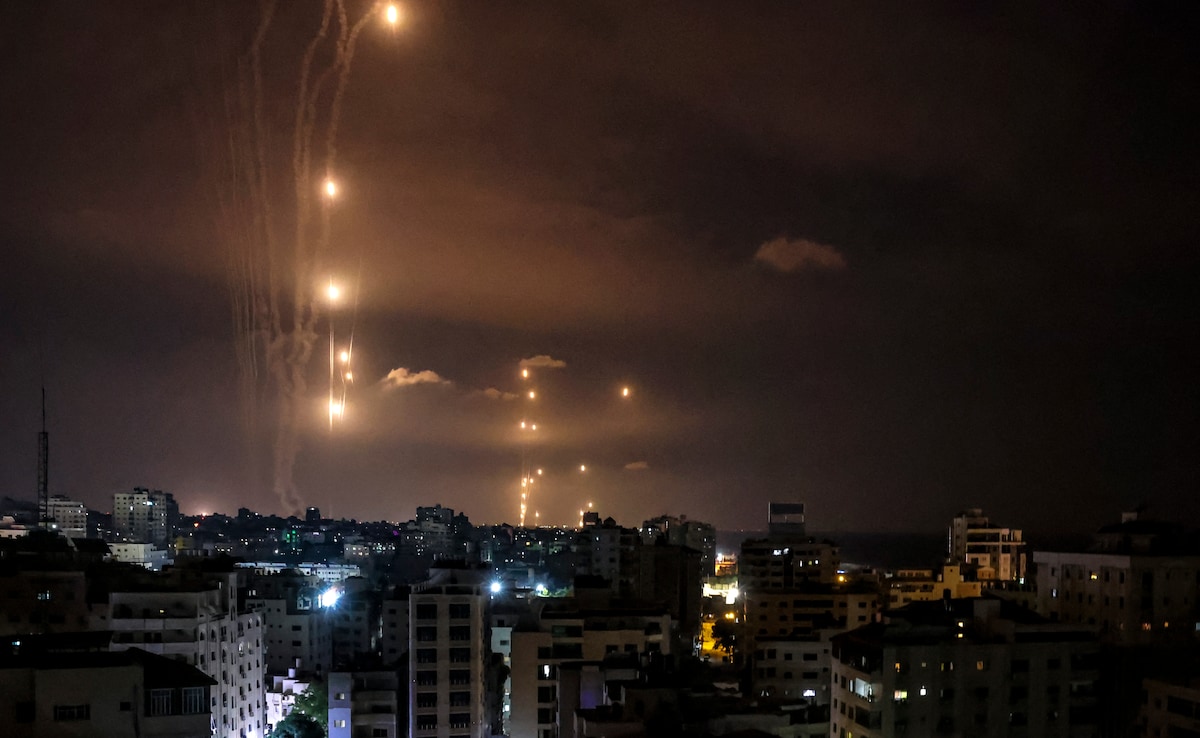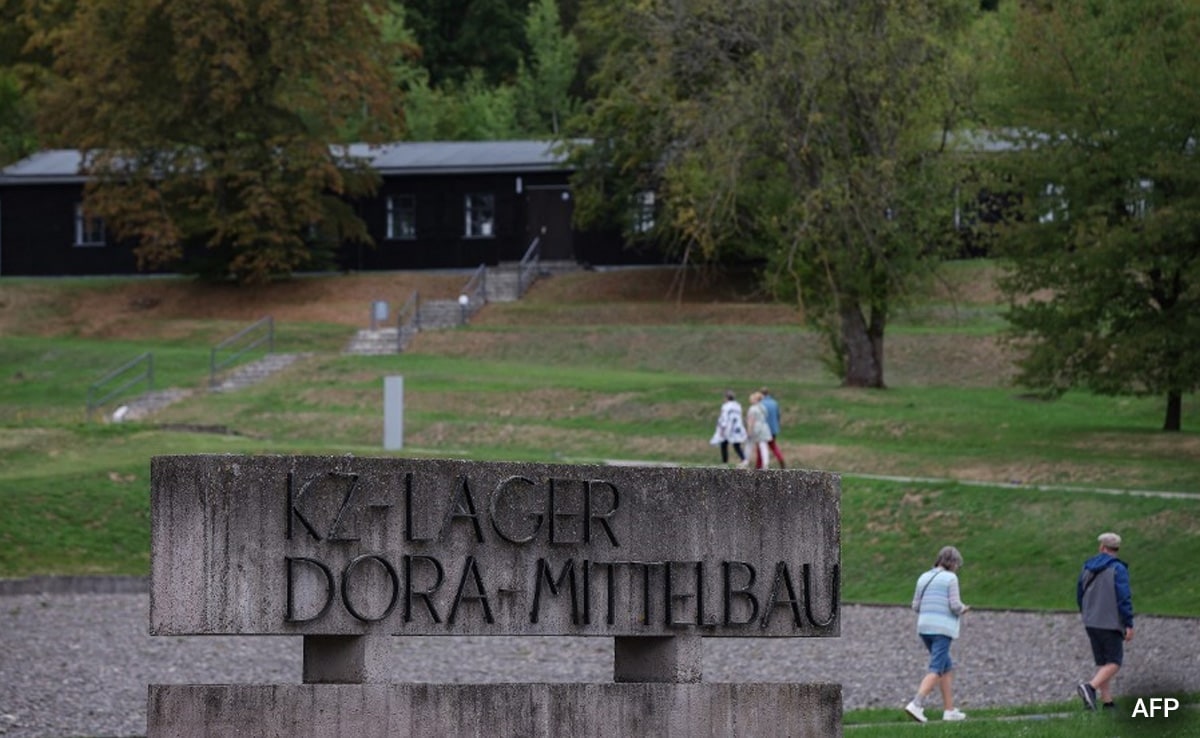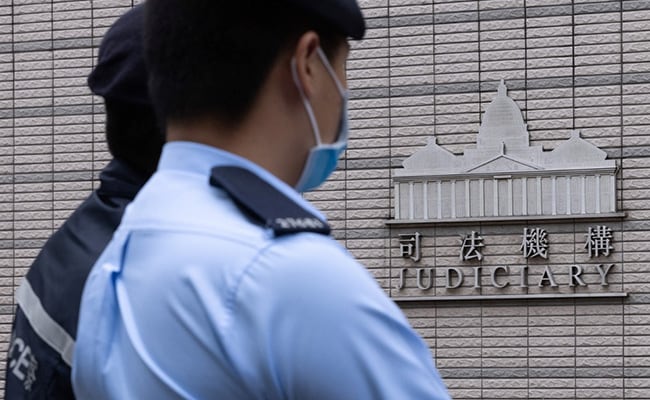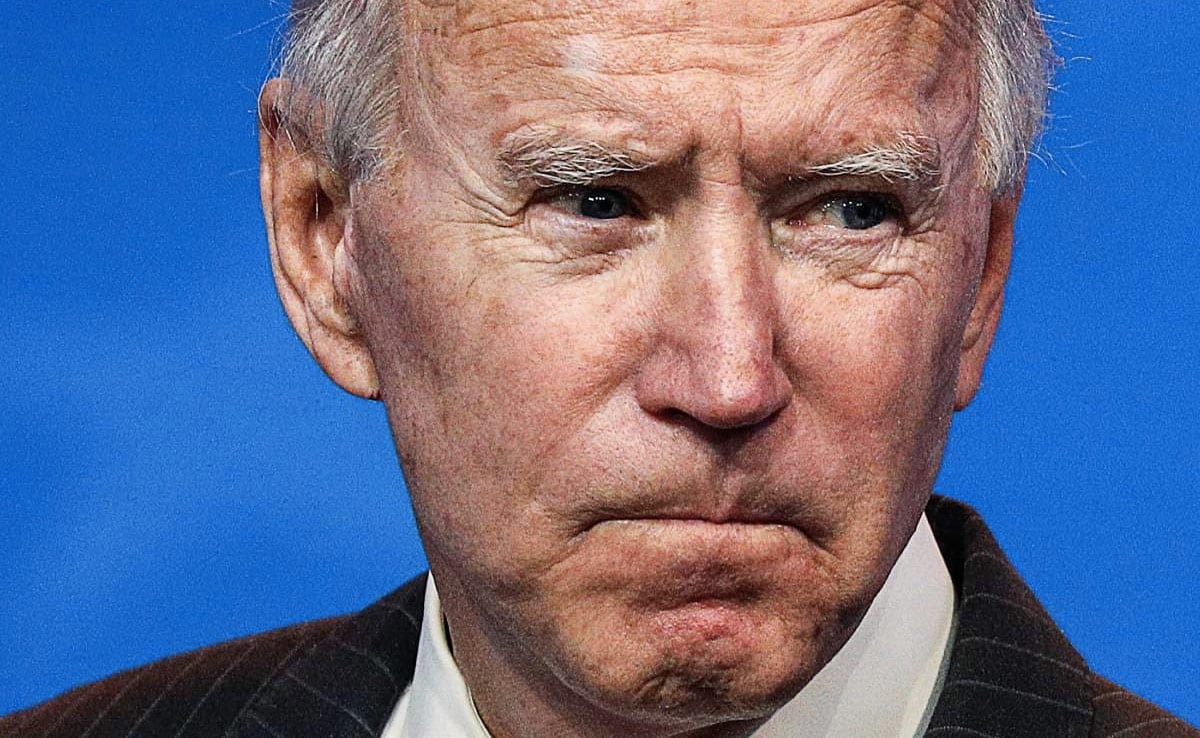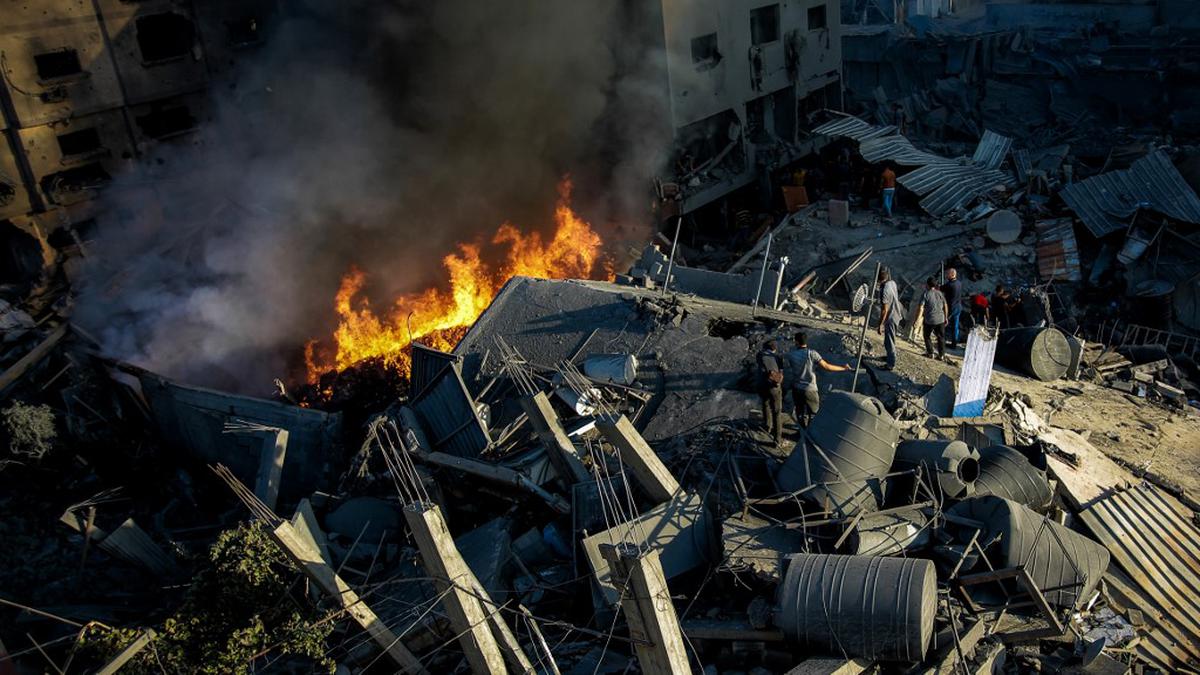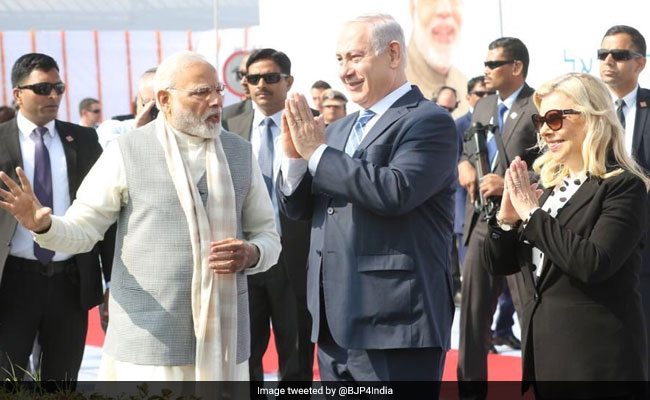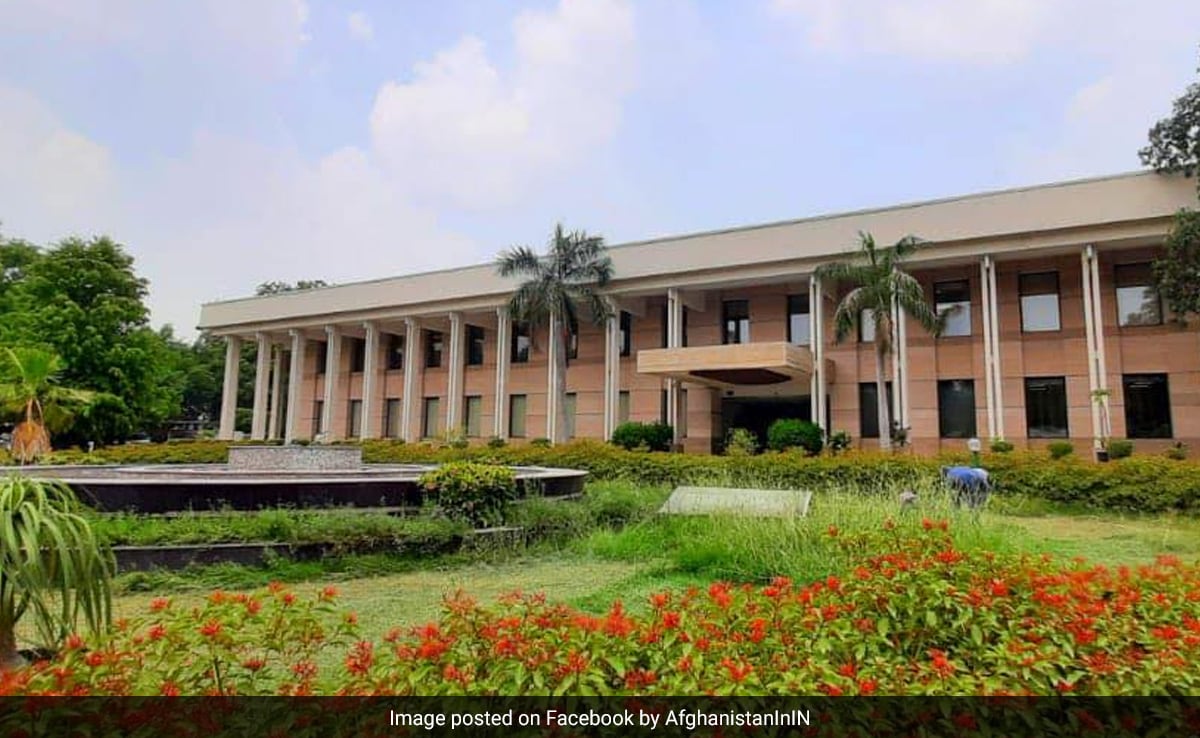Around 60,000 prisoners were held in the Mittelbau-Dora slave labour camp (File)
Nordhausen, Germany:
The far-right Alternative for Germany (AfD) on Sunday lost a tight mayoral race where the party had been tipped to secure the office of city mayor for the first time.
The AfD’s candidate Joerg Prophet was defeated by independent incumbent Kai Buchmann in a run-off vote that put the spotlight on the city of Nordhausen in the former East German state of Thuringia.
The prospect of a win for the far-right party was described as a “catastrophe” by the keepers of a nearby concentration camp memorial ahead of the ballot.
Around 60,000 prisoners were held in the Mittelbau-Dora slave labour camp — a sub-camp of the notorious Buchenwald — only 6 km (four miles) from central Nordhausen.
They were forced to make V-2 rockets in brutal underground conditions, with around one in three worked to death.
An AfD mayor would not have been welcome at commemorative events at the site’s memorial, Jens-Christian Wagner, director of the Buchenwald and Mittelbau-Dora Memorials Foundation, told AFP.
‘Weight lifted’
“The AfD is an extreme right-wing party whose ideology is congruent or at least very similar in many areas to the ideology of the National Socialists,” he said.
Prophet looked confident ahead of the vote, flashing a brilliant white grin to passers-by at his campaign stand in the small but prosperous city.
The 61-year-old argued he represented a fresh start for Nordhausen after six-year incumbent Buchmann had fallen out of favour with many residents after repeatedly clashing with the city council.
Like many members of the far-right party, Prophet has been accused of extremism and historical revisionism.
In a blog post in 2020, he claimed the Allied forces that liberated the Mittelbau-Dora camp were only interested in snooping on the site’s rocket and missile technology.
He also called for an end to Germany’s Schuldkult, or “guilt cult”, a reference to the country’s efforts to remember and learn from the Holocaust.
But in the end, Prophet failed to gather the support needed to become city mayor, collecting 45.1 percent of the vote.
The result guaranteed a “normal life for Nordhausen”, Buchmann said after the outcome became clear.
With the result “a huge weight has been lifted”, Wagner told news channel NTV.
It made clear that “you cannot win elections with historical revisionism, with an attitude that downplays the suffering of concentration camp prisoners”, he said.
Regional tests
Nonetheless, right-wing extremist attitudes are becoming increasingly widespread in Germany, according to a survey published this week by the Friedrich Ebert Foundation.
Eight percent of Germans can now be classified as having clear right-wing extremist views, compared with two to three percent in previous years, the foundation said.
The AfD, created in 2013 as an anti-euro outfit before seizing on anger over mass migration to Germany, has had a string of successes of late.
The party secured its first district administrator position in June, also in Thuringia, and its first town mayor in July in neighbouring Saxony-Anhalt.
At the national level, recent opinion polls have put the party on 22 percent, above Chancellor Olaf Scholz’s centre-left SPD and only a few points behind the main opposition conservative party.
The AfD’s support is especially strong in Thuringia, where it is polling around 34 percent, according to a recent survey by regional broadcaster MDR.
Thuringia will hold a vote for its regional parliament in September 2024, along with two other former East German states, Brandenburg and Saxony.
(Except for the headline, this story has not been edited by NDTV staff and is published from a syndicated feed.)
Waiting for response to load…

